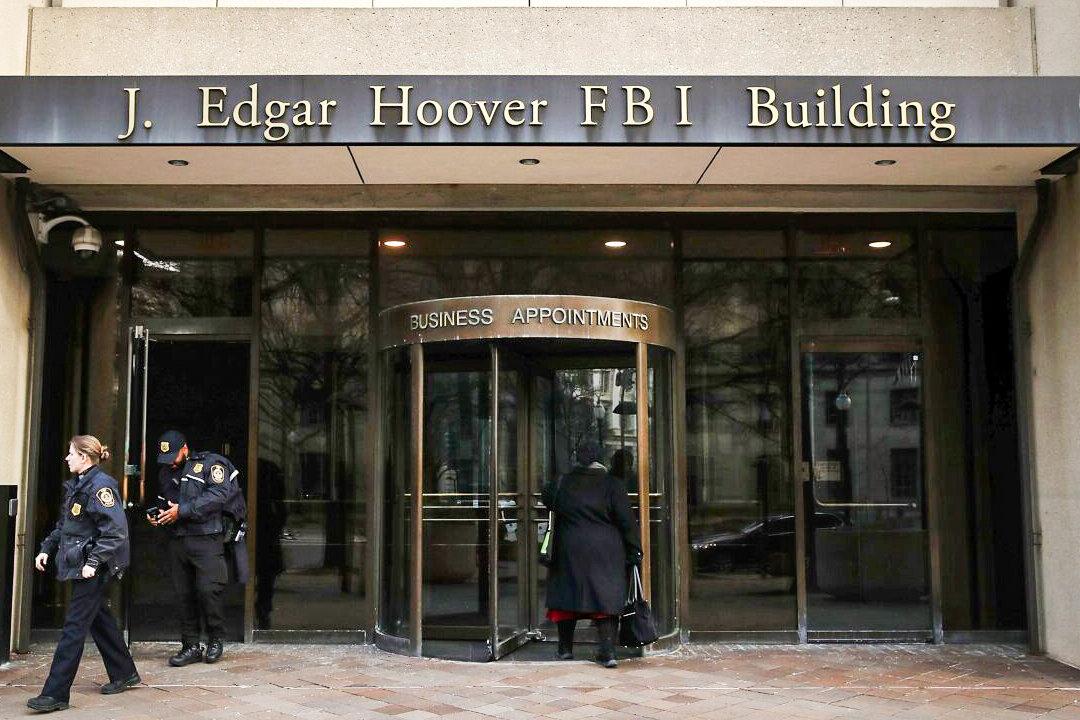For more than a decade, LabMD owner Michael Daugherty told his story to anyone willing to listen: An allegedly rogue cybersecurity firm used FBI surveillance software in an attempt to extort him, before colluding with the Federal Trade Commission (FTC) in a malicious enforcement action that financially ruined his cancer research center.
US
Featured
Lab Owner Who Exposed FTC Scandal Now Eyes the FBI
Entrepreneur seeks to examine FBI's role in shuttering of cancer research lab after lawsuit survives motion to dismiss

Law enforcement officers walk out of the J. Edgar Hoover FBI Building in Washington on Jan. 28, 2019. Mark Wilson/Getty Images
|Updated:



